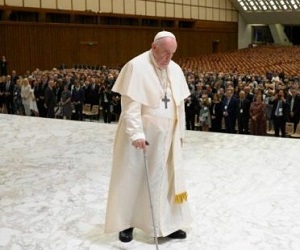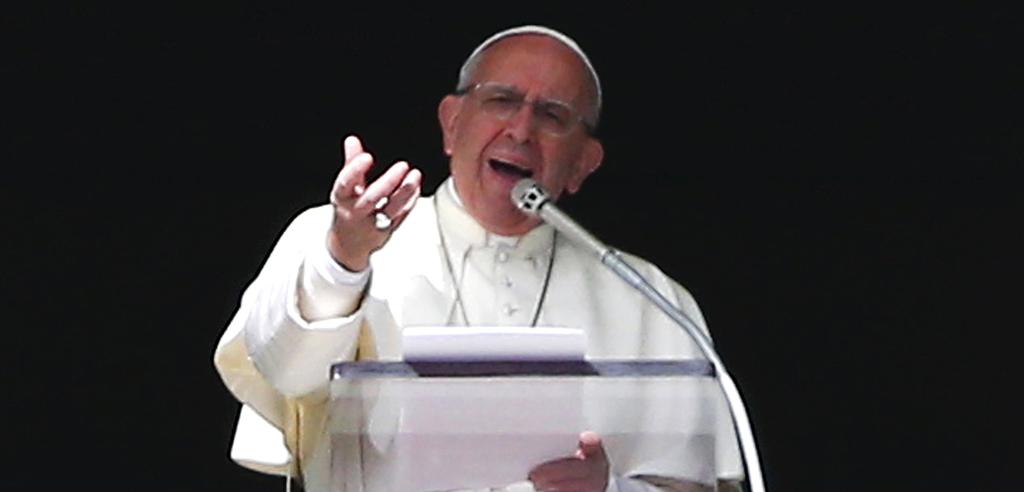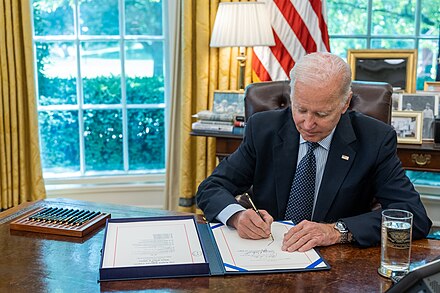Pope Francis: A Globalized Church Facing Deep Divisions

Table of Contents
Pope Francis' Vision of a More Inclusive Church
Pope Francis' leadership is characterized by a strong push for a more inclusive and compassionate Catholic Church. This vision manifests in several key areas:
Emphasis on Mercy and Compassion
Pope Francis has prioritized mercy and compassion, a core tenet of Catholicism, above rigid adherence to certain interpretations of doctrine. This is evident in his focus on social justice, environmental protection, and outreach to marginalized communities.
- Laudato Si': This encyclical, addressing climate change and environmental degradation, demonstrates his commitment to ecological responsibility and social justice, reflecting a compassionate concern for the planet and its inhabitants.
- Migrant and Refugee Crisis: Francis has consistently advocated for the humane treatment of migrants and refugees, urging compassion and understanding from Catholic communities worldwide. He has directly challenged national policies deemed inhumane and has personally visited refugee camps.
- Emphasis on Forgiveness: Francis’ repeated calls for forgiveness and reconciliation reflect a compassionate approach that contrasts with stricter interpretations of Catholic doctrine emphasizing adherence to rules and regulations. This shift towards a more merciful understanding of Catholicism has resonated with many, but also generated controversy.
This emphasis on mercy and compassion, while a core Catholic value, represents a significant shift in emphasis for some, contrasting with more traditional, rule-oriented interpretations of Catholic doctrine.
Dialogue and Interreligious Understanding
Pope Francis actively promotes dialogue and understanding between different religious traditions. He believes that fostering mutual respect and cooperation is crucial for peace and global harmony.
- Interfaith Meetings: He has engaged in numerous interfaith meetings and dialogues with leaders from various religious communities, including Islam, Judaism, and Buddhism.
- Joint Declarations: Several joint declarations promoting peace and understanding have been signed under his papacy, symbolizing a commitment to interreligious cooperation.
- Promoting Religious Freedom: Pope Francis consistently advocates for religious freedom worldwide, recognizing the importance of religious pluralism in a globalized world.
While these efforts have yielded positive results in fostering interfaith relationships, the limitations lie in translating these dialogues into tangible changes in religious practices and overcoming entrenched prejudices within various communities.
Reform within the Church Hierarchy
Pope Francis has initiated significant reforms within the Church's structure and administration, aiming for greater transparency, accountability, and efficiency.
- Vatican Financial Reforms: Efforts to reform Vatican financial practices and address allegations of corruption represent a commitment to greater transparency and accountability.
- Synod of Bishops: His emphasis on synodality, involving greater participation from the laity in Church governance, aims to modernize the Church's decision-making processes.
- Appointments: His appointments of progressive cardinals and bishops indicate a deliberate effort to shift the Church's leadership towards a more inclusive and reform-minded approach.
However, these reforms have faced considerable resistance from conservative factions within the Church hierarchy, creating internal conflict and slowing the pace of change.
Deep Divisions within the Catholic Church
Despite Pope Francis' efforts, deep divisions persist within the Catholic Church, posing significant challenges to his vision of a unified global institution.
Traditionalist Resistance to Reform
Significant opposition from traditionalist factions exists against Pope Francis' progressive approach. These groups often perceive his reforms as undermining core Catholic doctrines and traditions.
- Public Criticisms: Public criticisms and open dissent from high-ranking Church officials and conservative theologians regularly appear in media outlets and online platforms.
- Resistance to Modernization: Resistance manifests in opposition to changes in liturgy, moral teachings, and Church governance.
- Theological Disputes: Theological debates surrounding traditional interpretations of doctrine versus more inclusive approaches frequently flare up.
This resistance reflects a fundamental disagreement about the direction and future of the Catholic Church, highlighting the ongoing tension between tradition and modernization.
Theological and Doctrinal Debates
Ongoing debates on issues like gender equality, clerical celibacy, and the acceptance of LGBTQ+ individuals highlight the divisions within the Church.
- Gender Equality: Debates continue regarding the role of women in the Church and the possibility of female ordination.
- Clerical Celibacy: Discussions regarding mandatory celibacy for priests are ongoing, with some advocating for allowing married men to become priests.
- LGBTQ+ Inclusion: The Church's stance on LGBTQ+ issues remains a significant source of division, with differing views on acceptance and inclusion.
These doctrinal debates illustrate the profound challenges in reconciling traditional teachings with evolving societal norms and values.
Geographical and Cultural Variations
The vast diversity of Catholic communities worldwide presents unique challenges to a unified global Church.
- Regional Differences: Variations in liturgical practices, theological interpretations, and cultural expressions of faith exist across different regions.
- Cultural Context: Cultural contexts significantly influence the understanding and interpretation of religious teachings and practices.
- Differing Priorities: Different regions prioritize different issues, leading to varying perspectives on the Church's role in society.
These geographical and cultural variations underscore the difficulty of implementing a uniform approach to Church governance and practice in a globalized context.
Conclusion
Pope Francis’ papacy presents a fascinating case study in leadership within a globalized institution facing deep internal divisions. His efforts to create a more inclusive and compassionate Church have been met with significant resistance, highlighting the complexities of reconciling tradition with modern challenges. While his commitment to dialogue and reform is undeniable, the future of the Catholic Church under his leadership and beyond remains a subject of intense debate and uncertainty. To further explore the impact of Pope Francis’ leadership on the Catholic Church, consider researching his major encyclicals and his ongoing efforts to address the challenges facing the global Catholic community. Understanding the ongoing complexities surrounding Pope Francis is crucial for comprehending the future of the Catholic Church.

Featured Posts
-
 Pope Francis Legacy A More Global Yet Divided Church
Apr 24, 2025
Pope Francis Legacy A More Global Yet Divided Church
Apr 24, 2025 -
 Teslas Optimus Production Impact Of Chinas Rare Earth Export Controls
Apr 24, 2025
Teslas Optimus Production Impact Of Chinas Rare Earth Export Controls
Apr 24, 2025 -
 The Path To Fiscal Responsibility A Critique Of Liberal Economic Management
Apr 24, 2025
The Path To Fiscal Responsibility A Critique Of Liberal Economic Management
Apr 24, 2025 -
 Instagrams Tik Tok Rival A New Video Editing App
Apr 24, 2025
Instagrams Tik Tok Rival A New Video Editing App
Apr 24, 2025 -
 Game Recap Hield And Paytons Bench Production Propels Warriors Past Blazers
Apr 24, 2025
Game Recap Hield And Paytons Bench Production Propels Warriors Past Blazers
Apr 24, 2025
